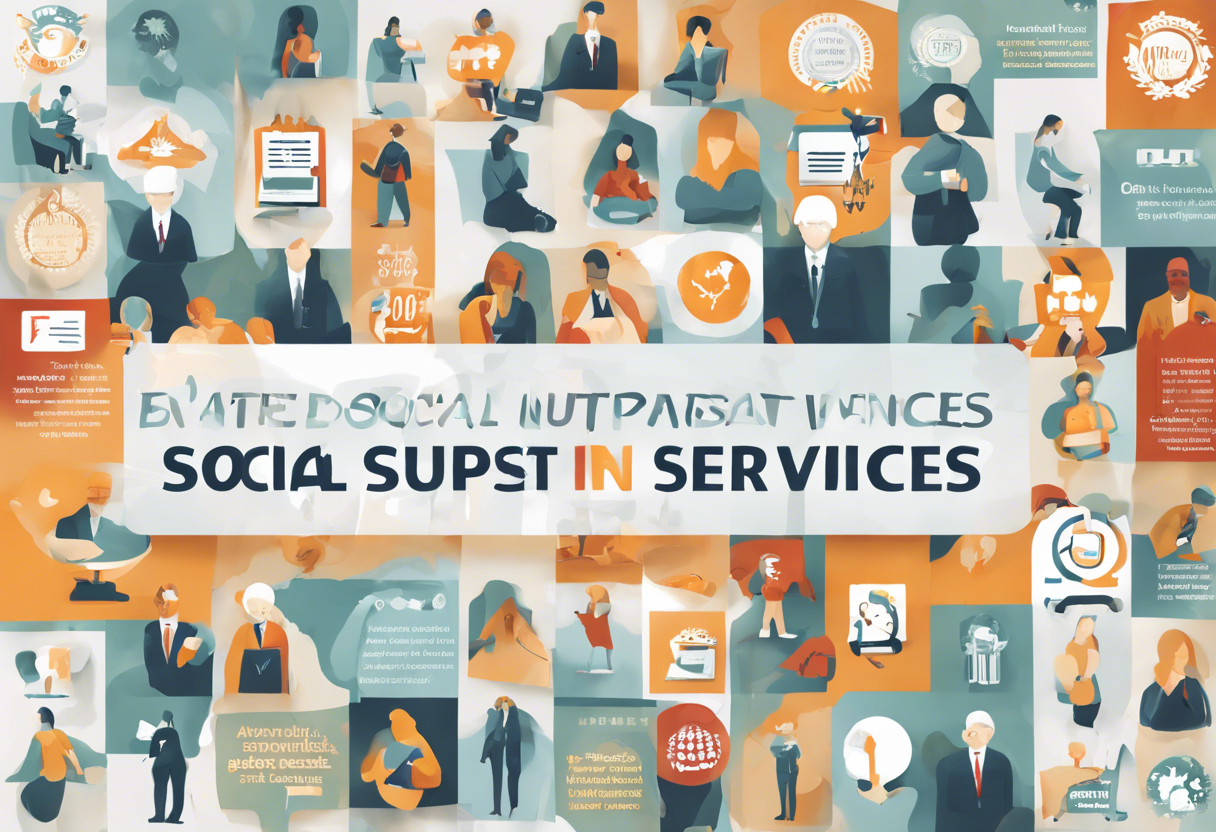When it comes to welfare programs, Canada is often seen as a shining example of a country that takes care of its citizens. The government offers a variety of programs and services aimed at helping those in need, from financial assistance to healthcare coverage. However, there is a growing concern that these programs are not as effective as they are made out to be.
Recent studies have revealed that many Canadians who are eligible for welfare benefits, particularly those from marginalized communities, are not receiving the support they need. This is due to a combination of factors, including complicated eligibility criteria, long wait times, and limited funding. In some cases, individuals may even be denied benefits for minor reasons such as missing a document or not attending mandatory appointments.
This raises the question – are welfare programs in Canada truly meeting their intended purpose of providing a safety net for those in need? The reality is that while these programs may provide some assistance, they often fall short in truly addressing the underlying issues of poverty and inequality. Many individuals and families are still struggling to make ends meet, despite being enrolled in these programs.
In order to truly understand the effectiveness of welfare programs in Canada, we need to consider the voices and experiences of those who rely on them. By listening to the challenges they face and advocating for change, we can work towards creating a more fair and inclusive system that truly supports those



